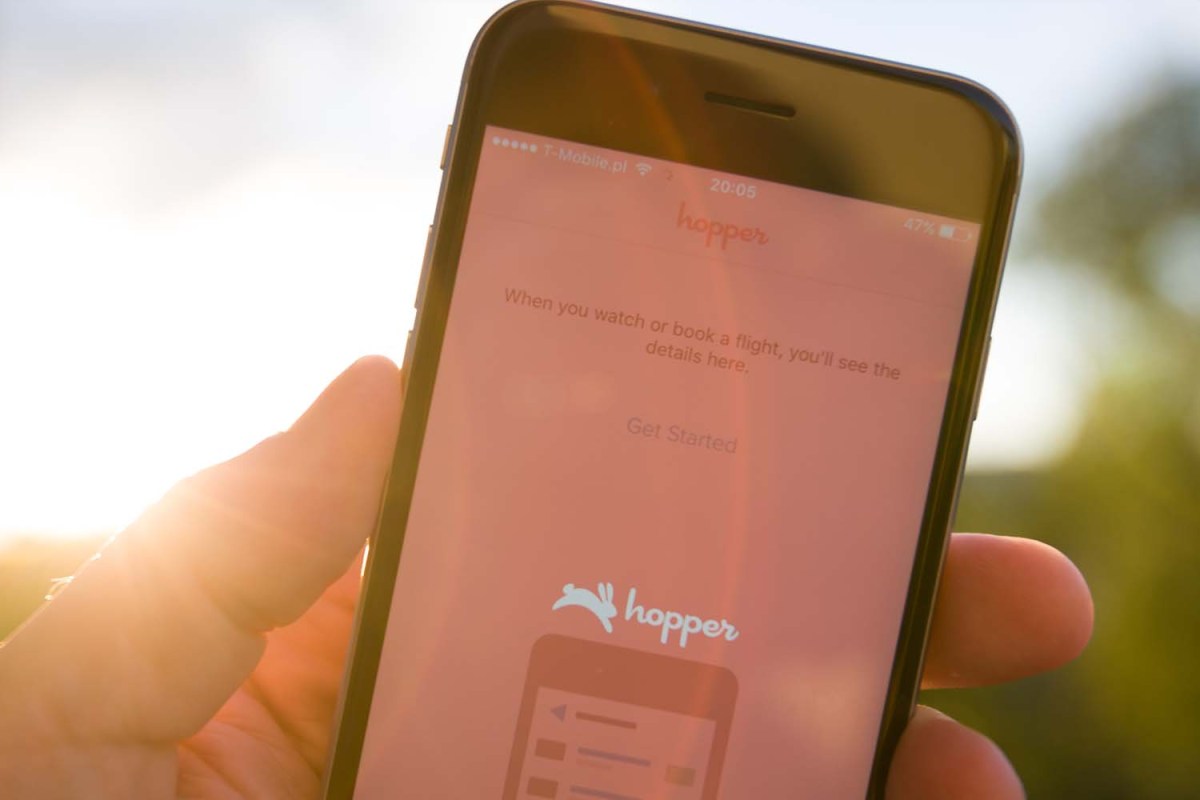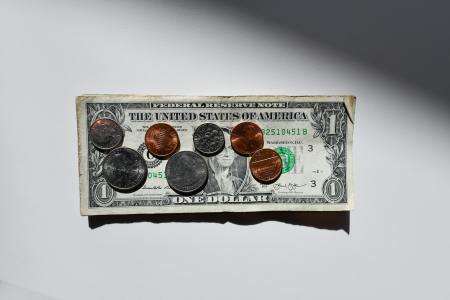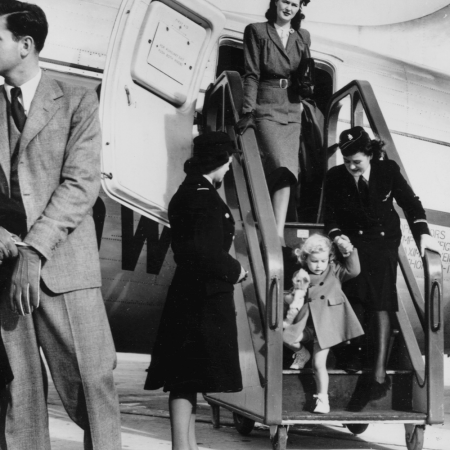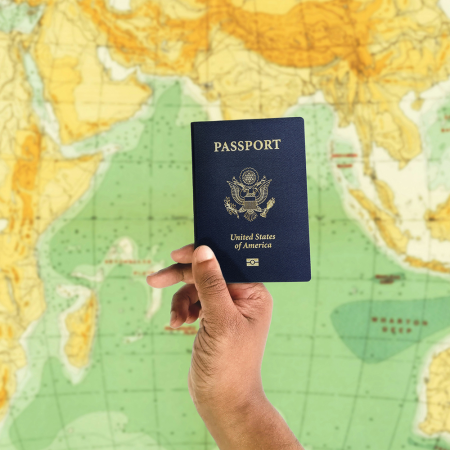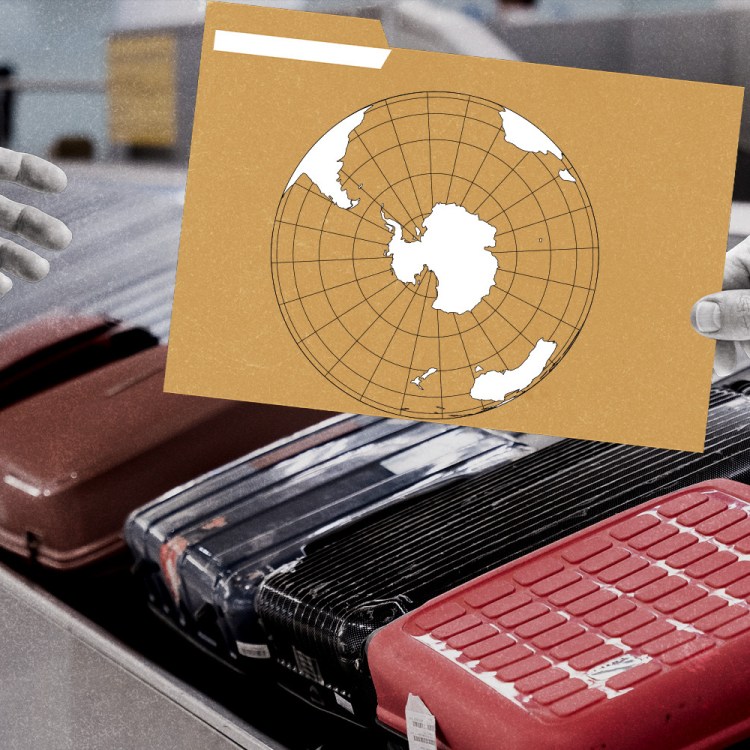Not for the first time, the topic of tipping culture in the U.S. has been making the rounds on social media.
“I’m paying for food, if they go the extra mile they get a tip. America has some twisted view when it comes to tipping culture,” one user chimed in. “Yeah tipping culture is completely out of control. I shouldn’t have to make up for an employee being paid less than they’re worth,” said another.
But the question of whether or not service workers deserve a 20% tip is a tired one. The answer is yes. As someone who spent the entirety of their young adult life in and out of the service industry, I can confirm for an absolute fact that you aren’t “sticking it to The Man” by snubbing your server. The Man gets his either way. Rather, it’s the person getting paid $5 an hour that suffers. I’m not saying it’s a perfect system, but it’s the one we’ve got. It’s also not new.
What is new is the option to tip in venues where gratuity was not previously expected, thanks largely to the implementation of certain technologies and, more specifically, the point-of-sale system Square. This trend has unsurprisingly left a sour taste in the mouths of otherwise good tippers and had many wondering where their money is even going.
That’s the gist of Michael Finney’s report for ABC7 News, which focuses on the hugely popular travel app Hopper.
How Has Tipping Changed Since 2019?
A new study explores the changing ways we tipHopper is an accredited travel agency headquartered in Canada that partners with airlines, hotels, homes and car rental providers worldwide to help users find the best prices. Recently, Hopper joined ranks with hundreds of others and quietly launched a feature that, unless a button is toggled to “off,” automatically adds gratuity at checkout.
“To see this is really shocking. I mean, this is basically a surcharge masquerading as a tip,” Consumer Watchdog’s Jamie Court told Finney. “It’s really a very deceptive use of the visual technology, actually, because when you click through to the next screen and see the total, it’s not even obvious how you got there and people, we know, are not likely going to give 10% tip to a company on top of a big travel bill for a hotel or an airline.”
To this, Hopper responded only by saying: “This tip goes to Hopper and is completely optional. Customers have the ability to opt-in or out.” (They also have a page sort of explaining the tip.) But a tip is not a tip if it does not go to the employees — it is a corporate fee pretending to be a tip.
And this is where I will concede that tipping culture has spiraled out of control. Travel is expensive, and at times exploitative, as is. Deceitful practices from reputable companies like this are, frankly, unethical. Further, it fuels the tipping discourse in dangerous way.
In instances such as this, it’s important to read the fine print. If it’s not explicitly clear where your money is going, it likely doesn’t warrant leaving gratuity. And, as always, don’t forget to tip your bartenders.
Thanks for reading InsideHook. Sign up for our daily newsletter and be in the know.
